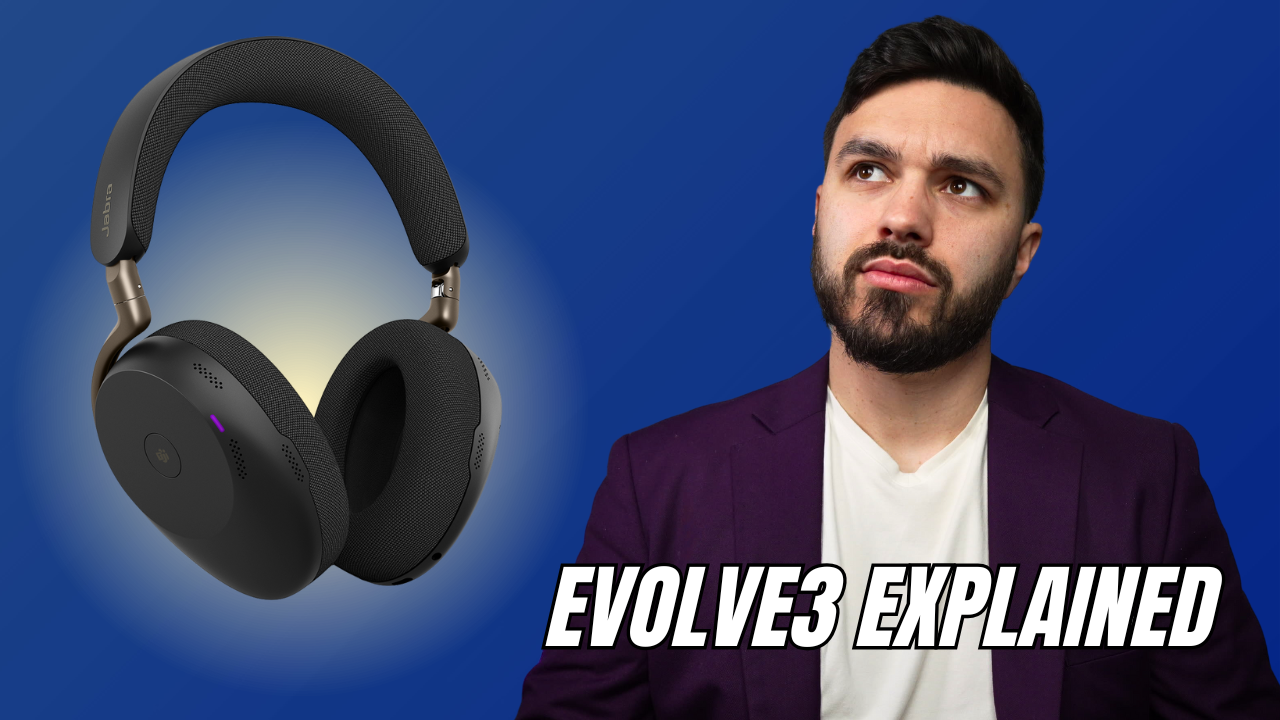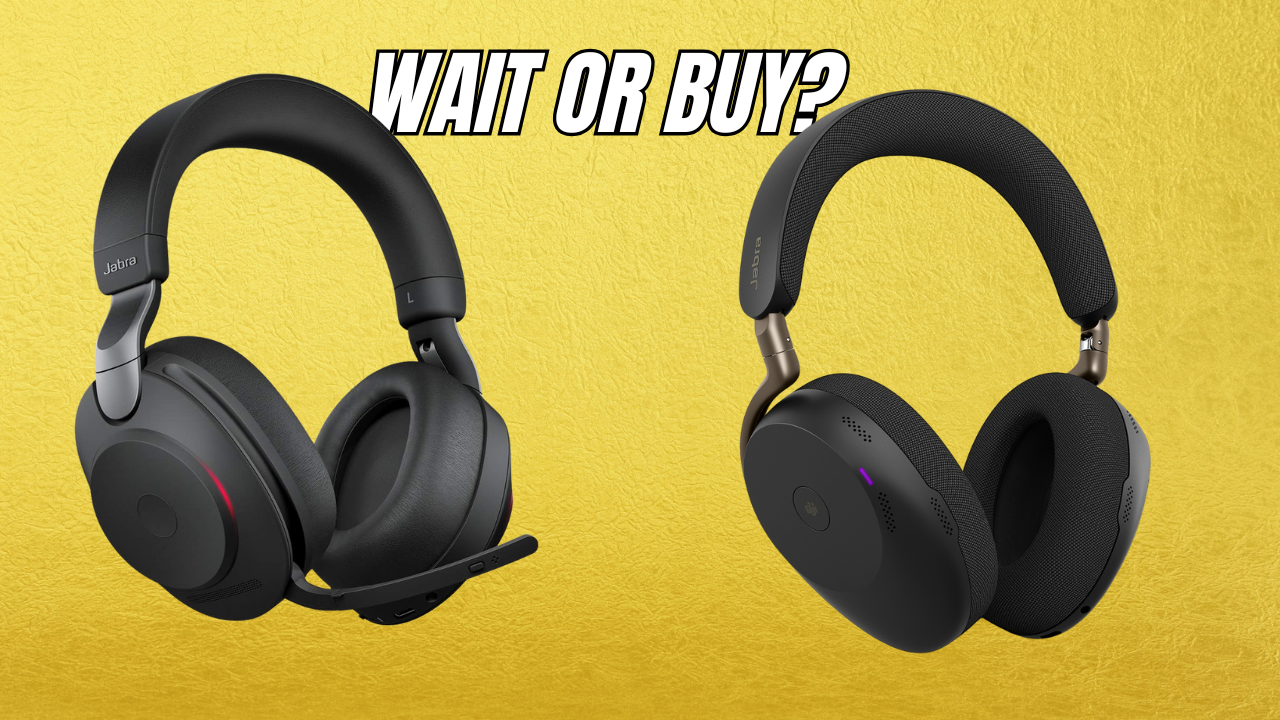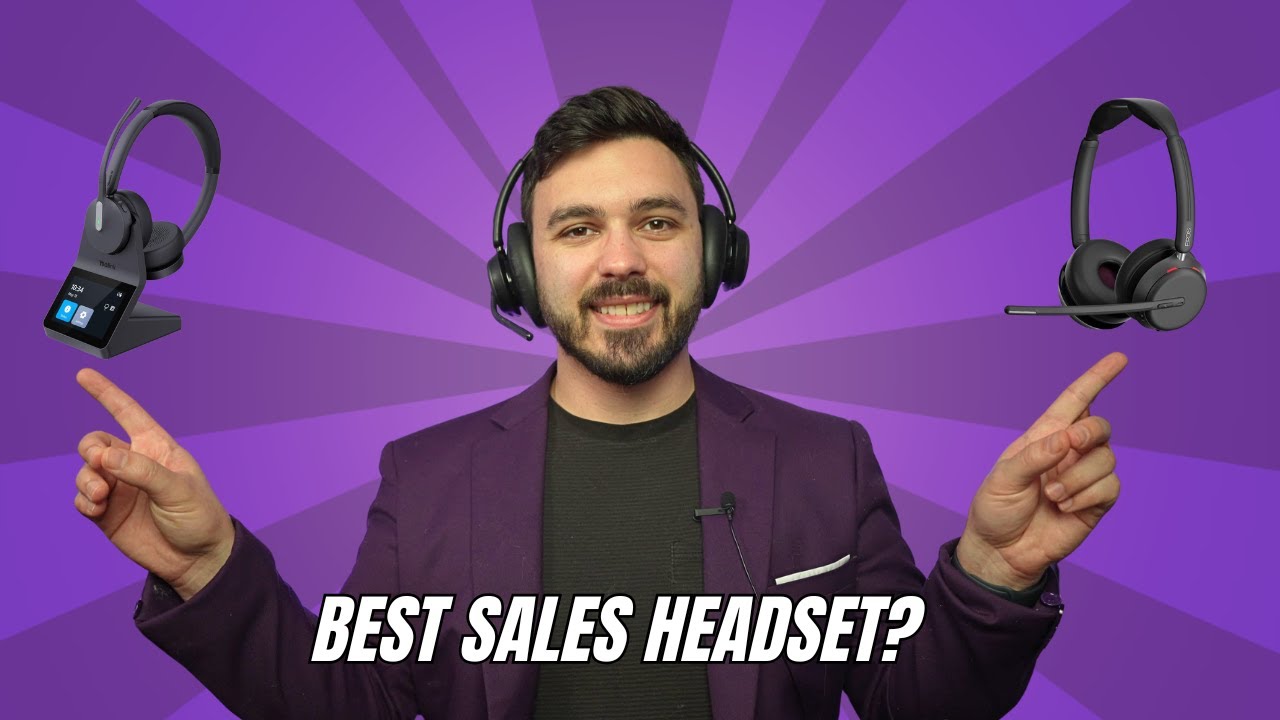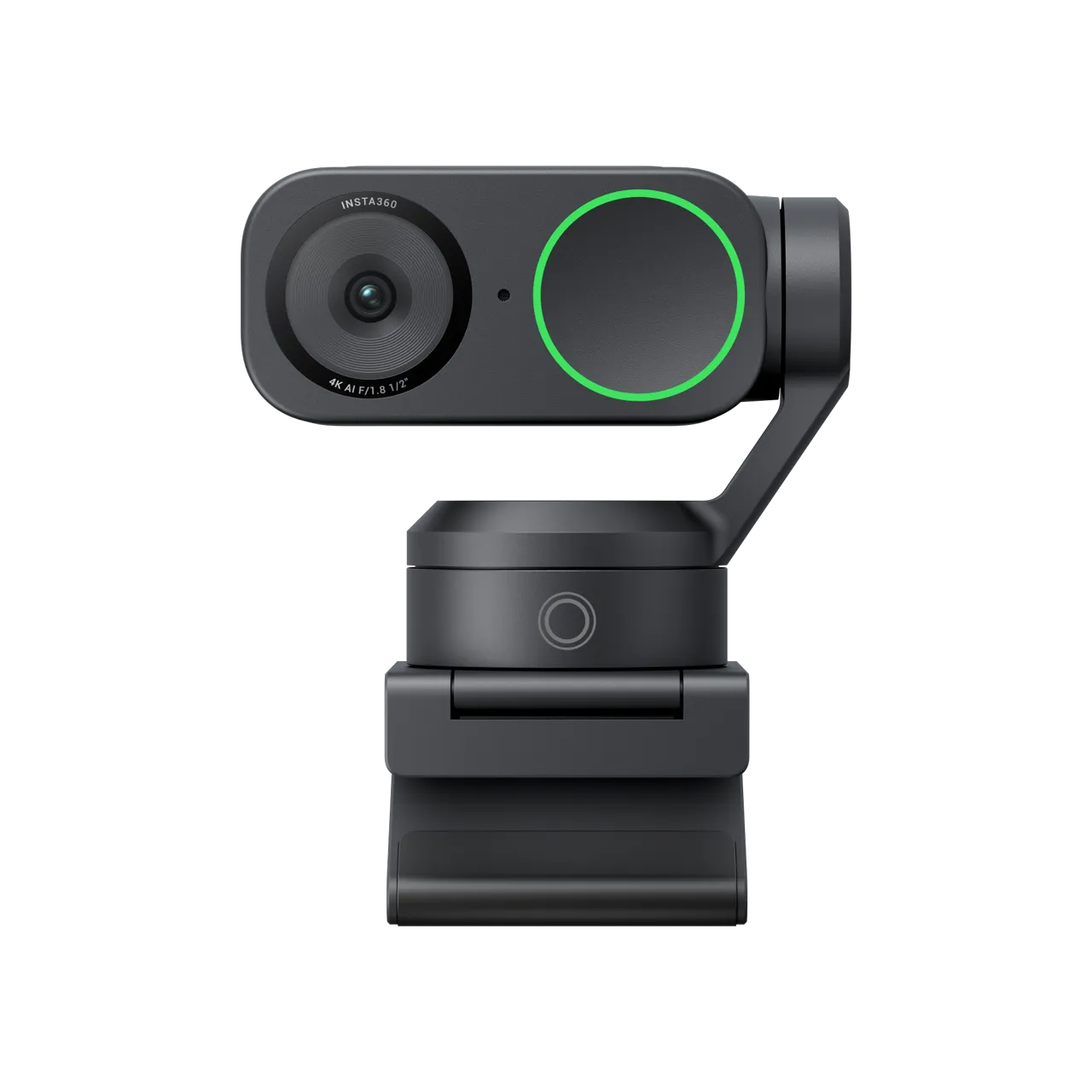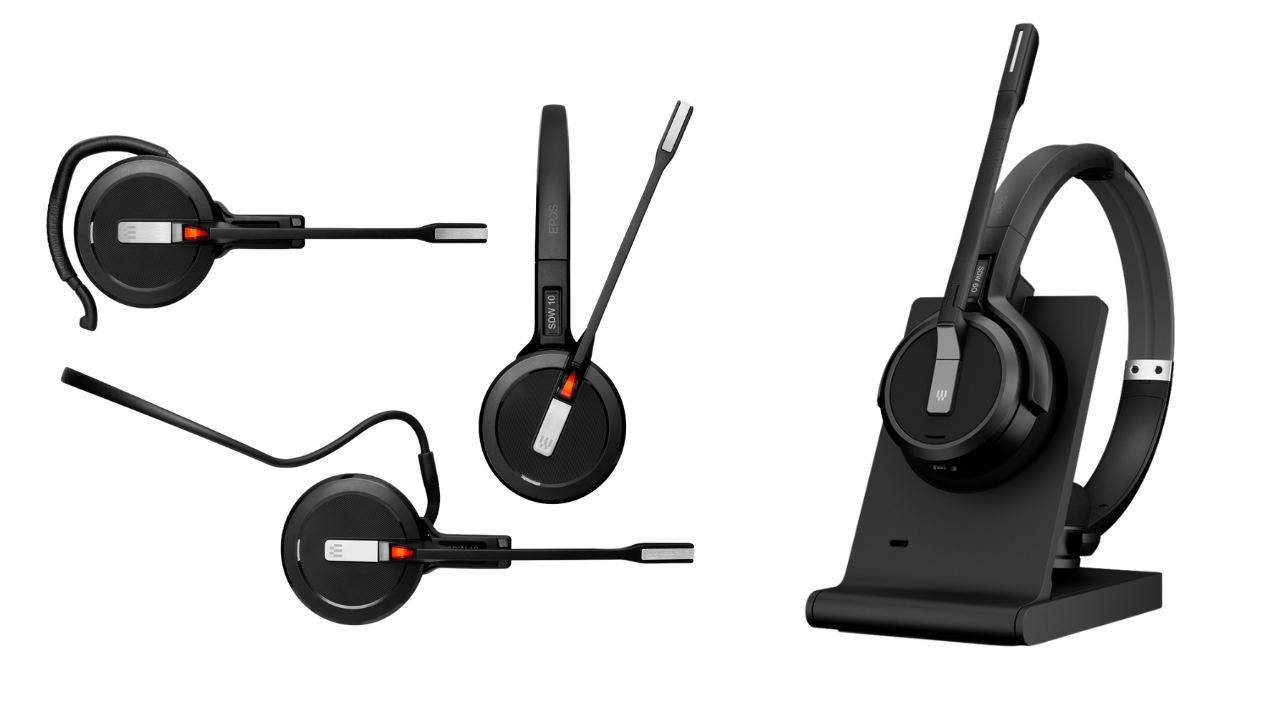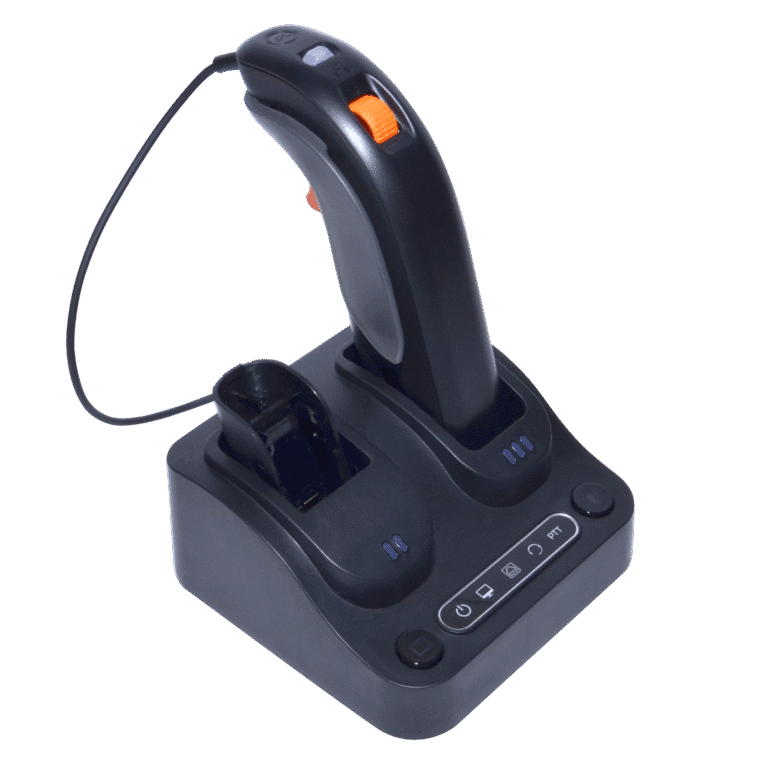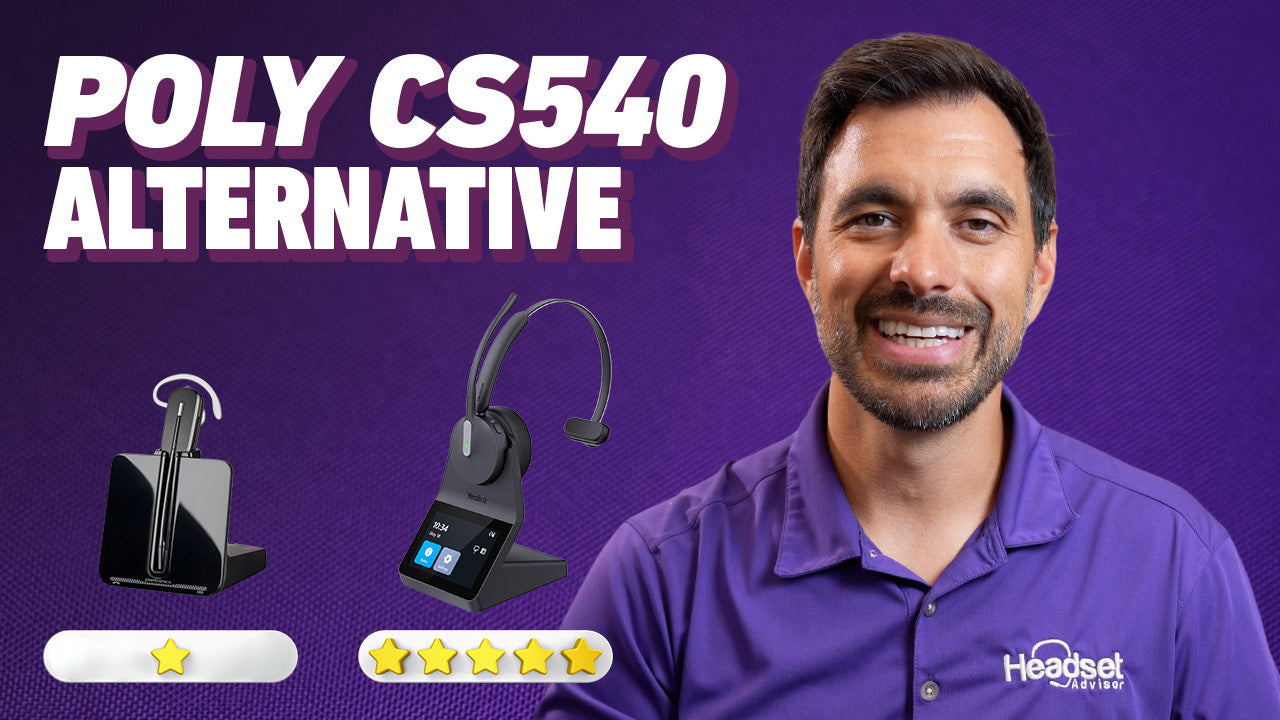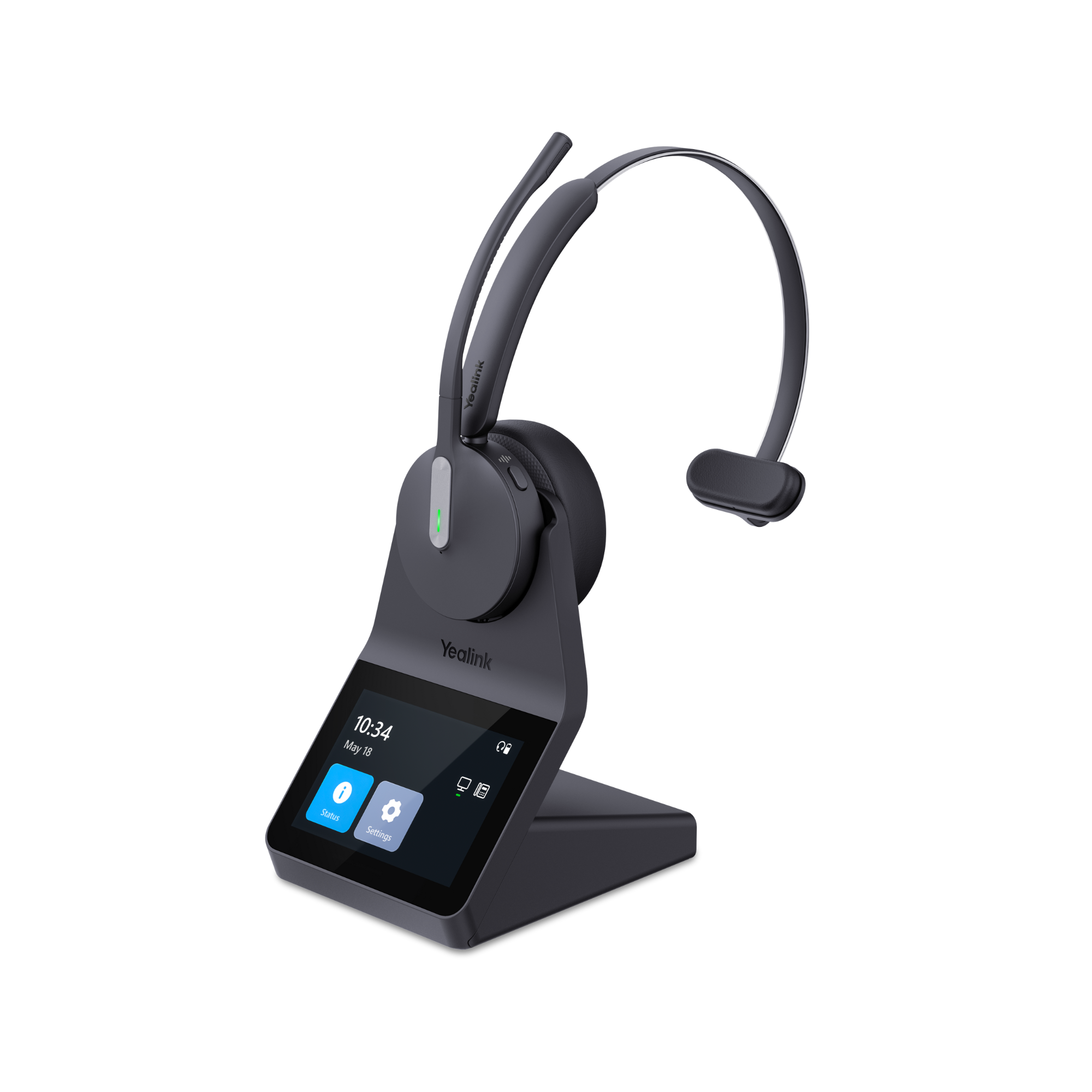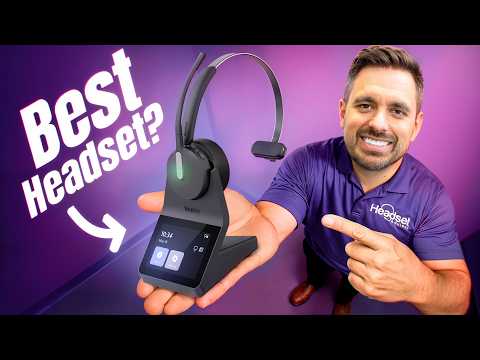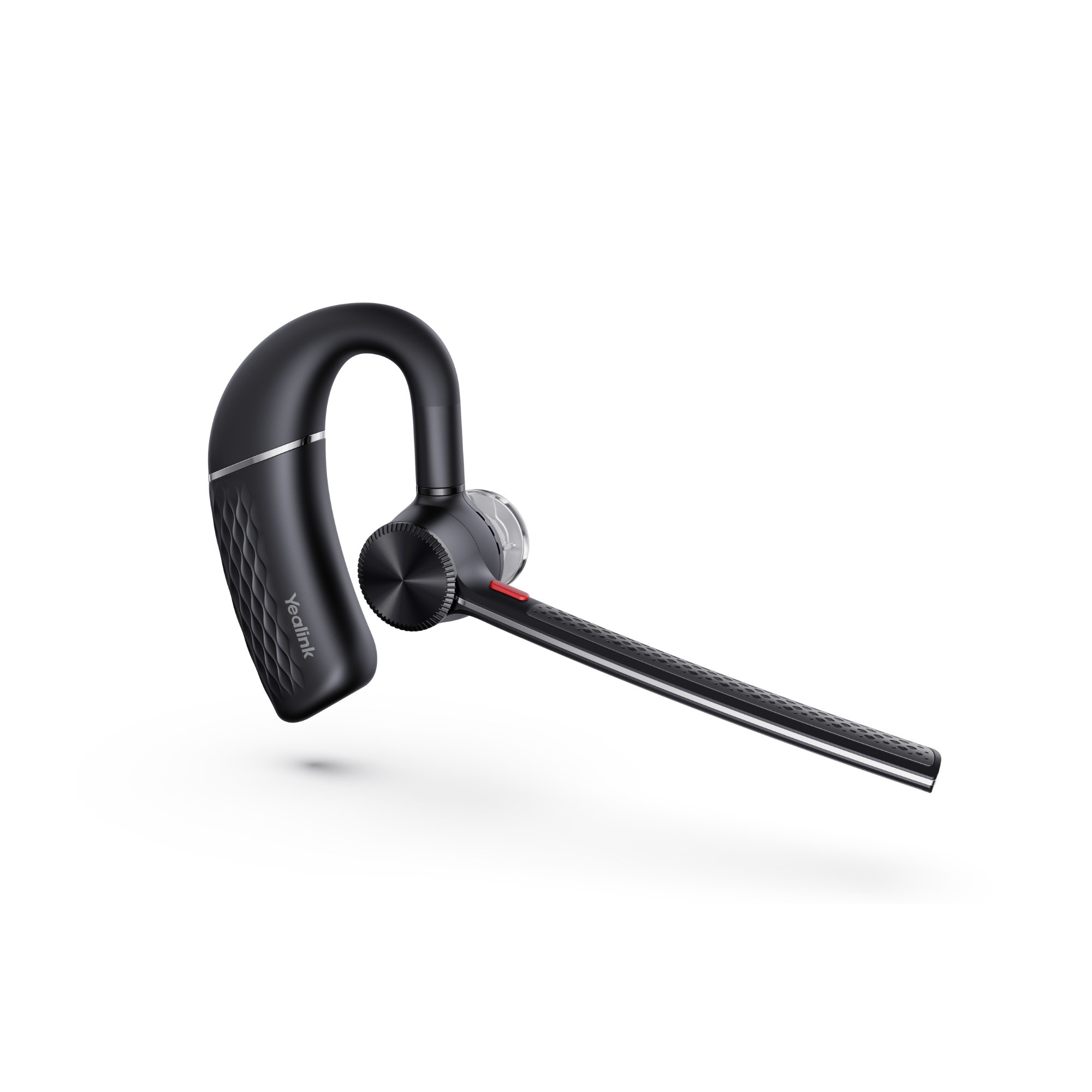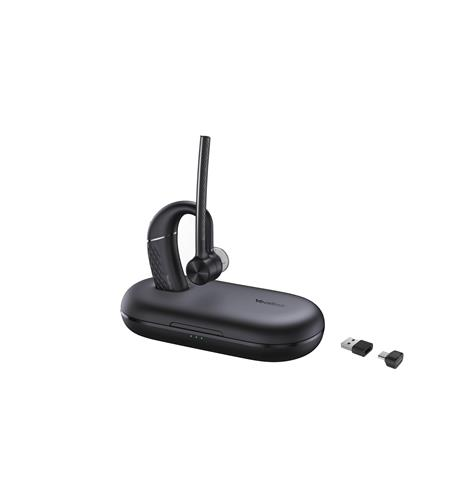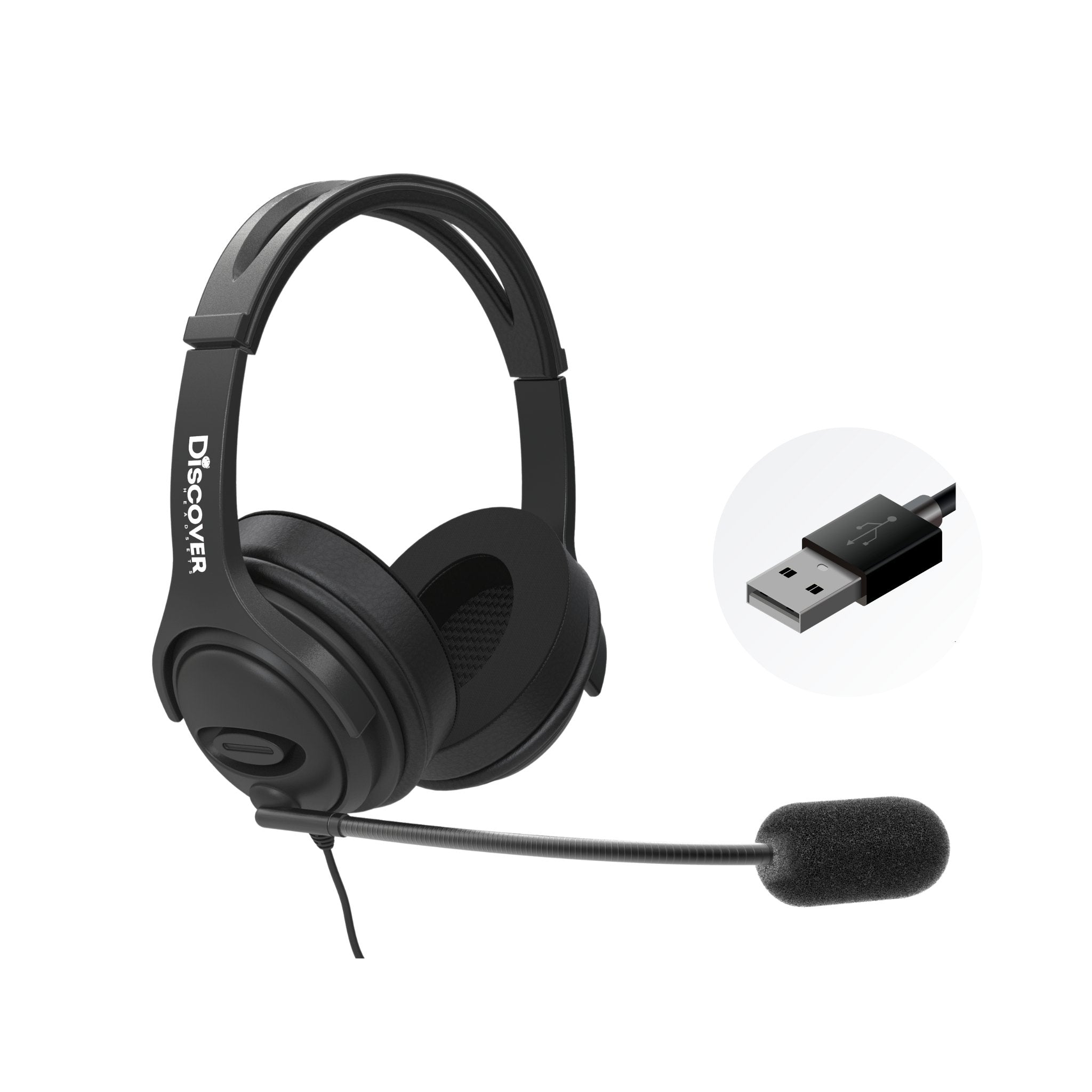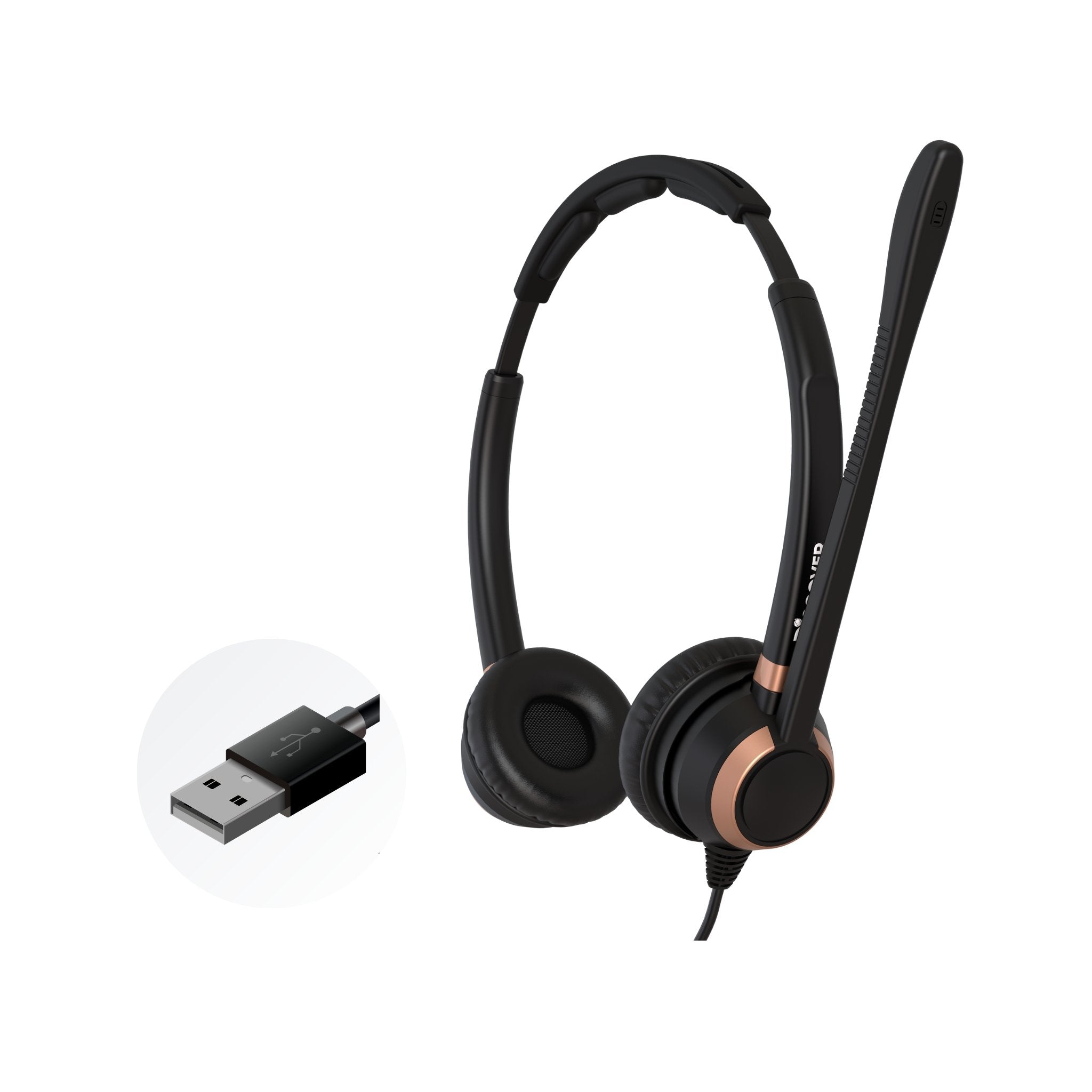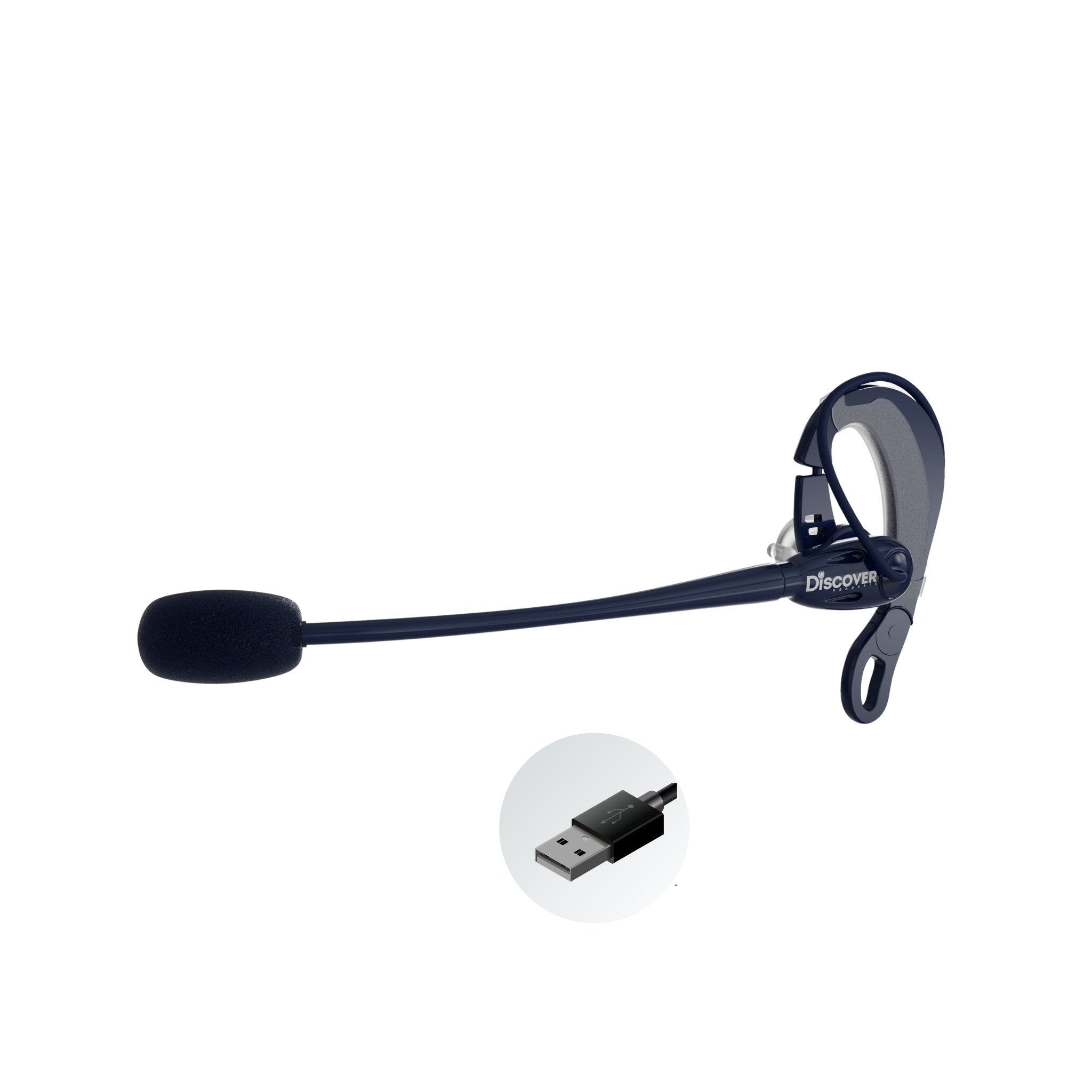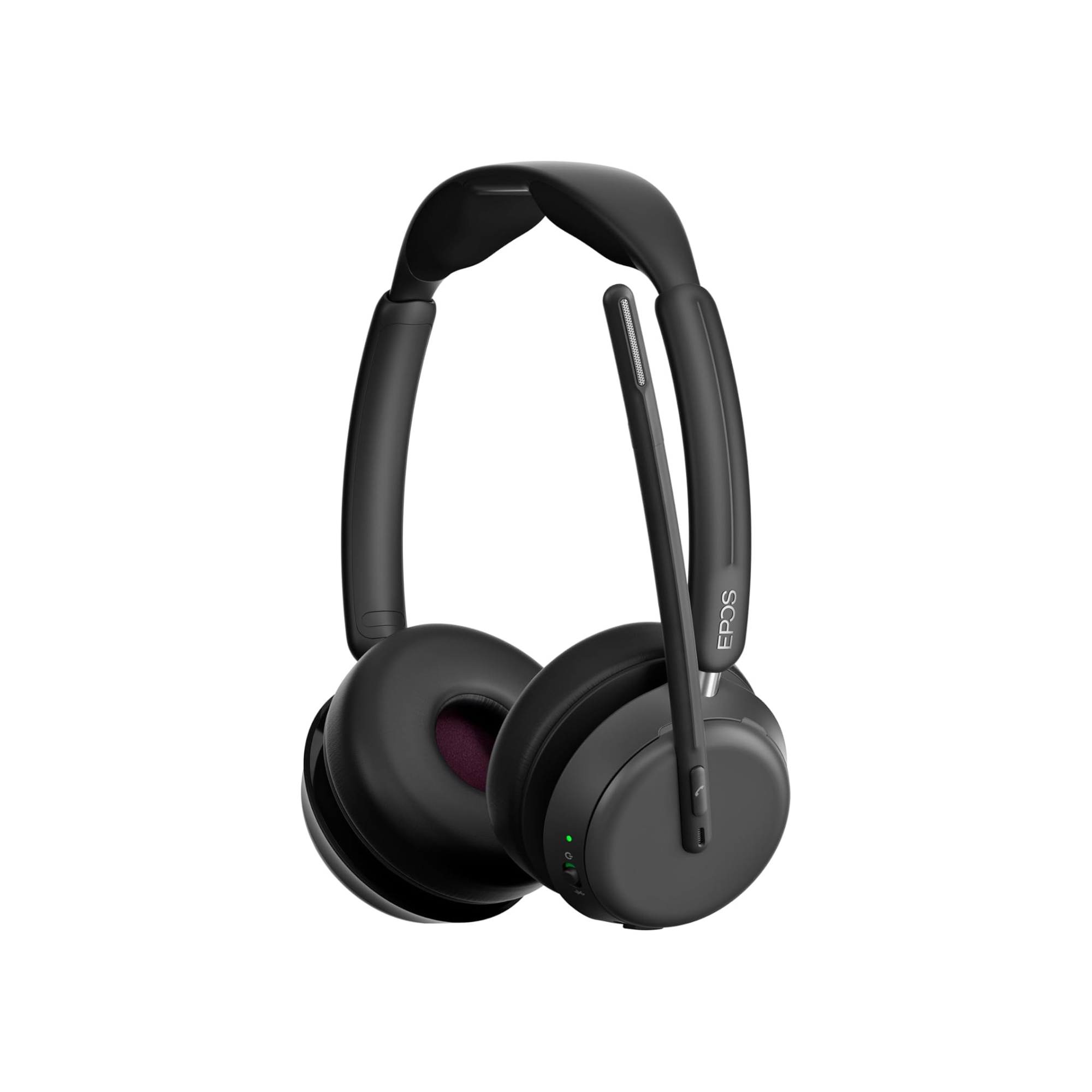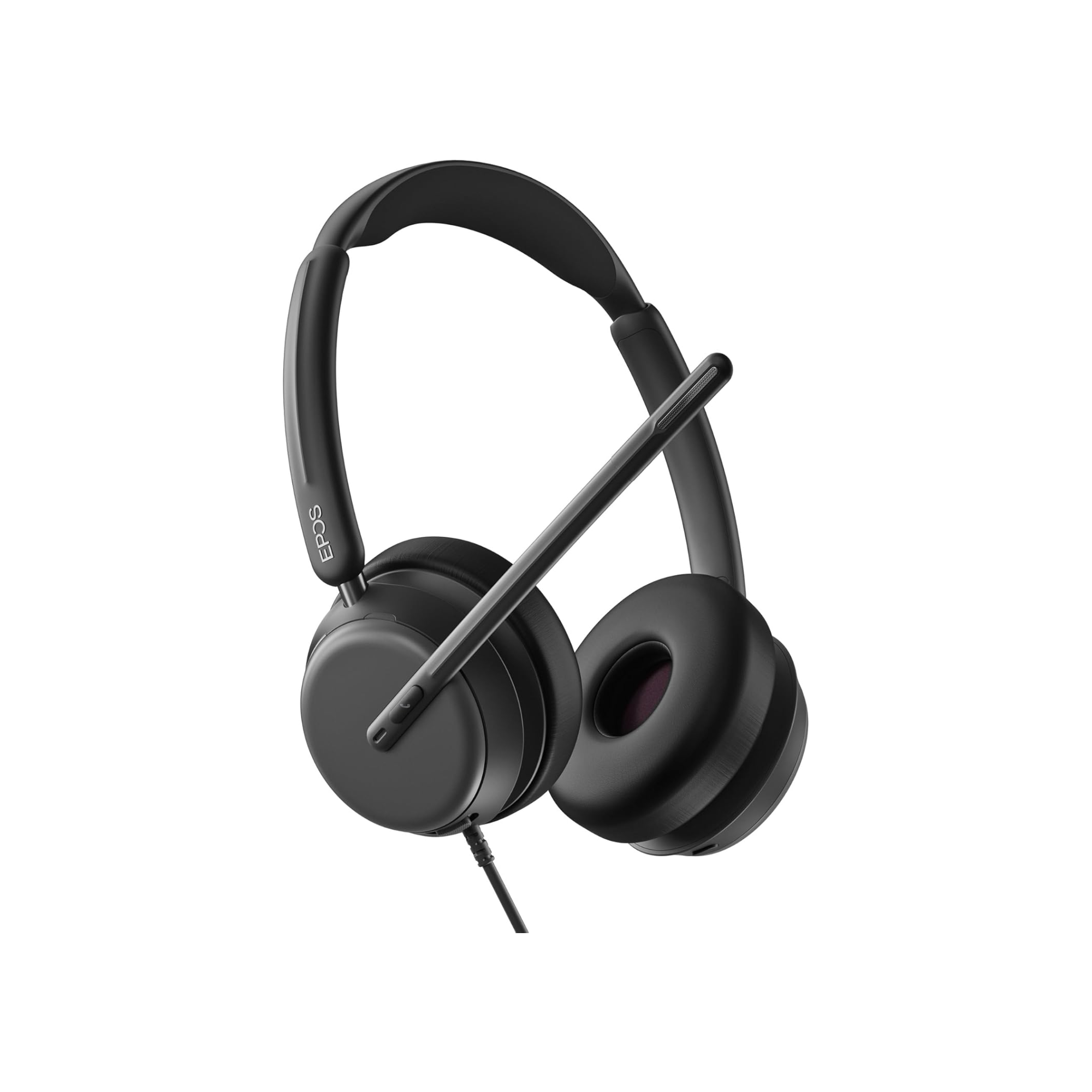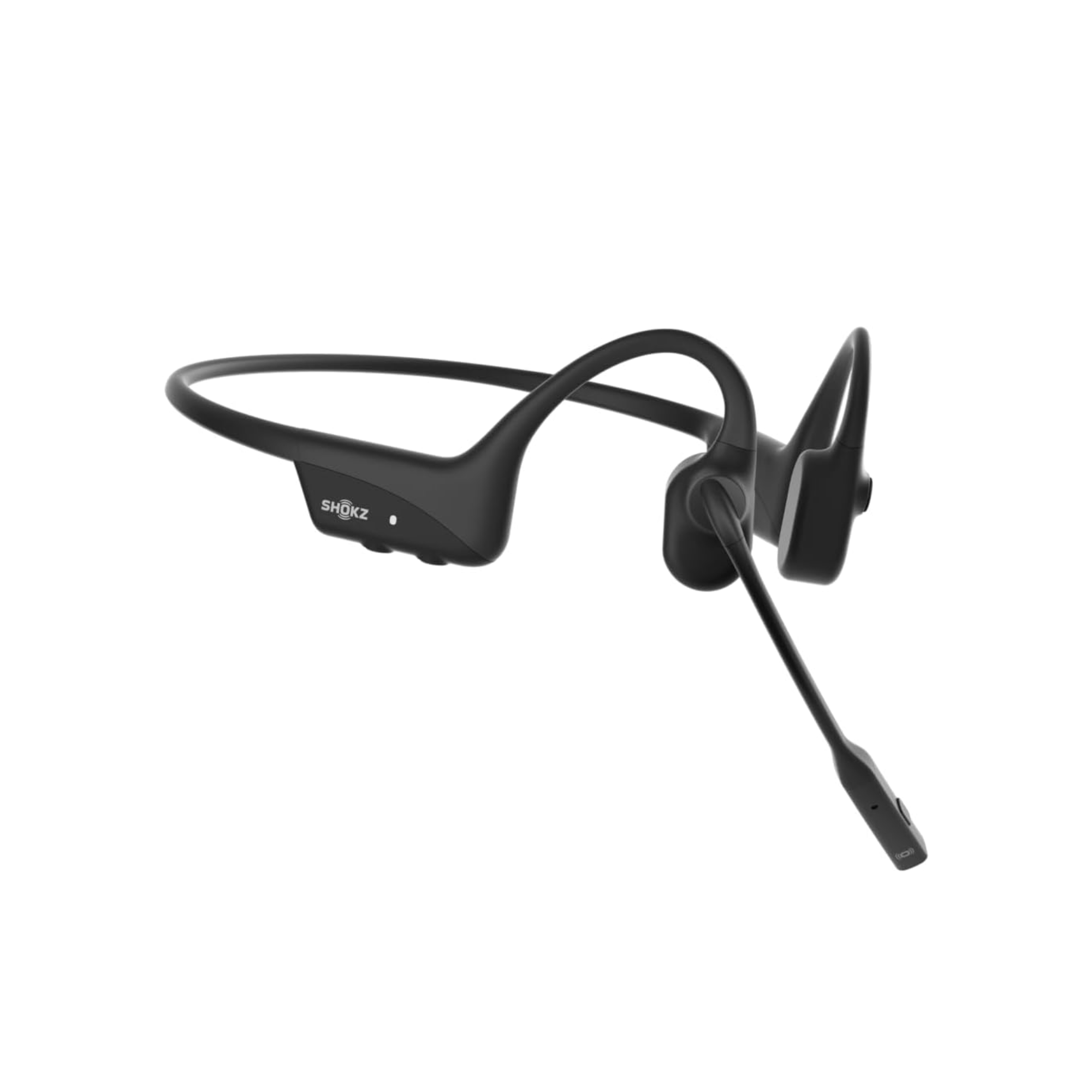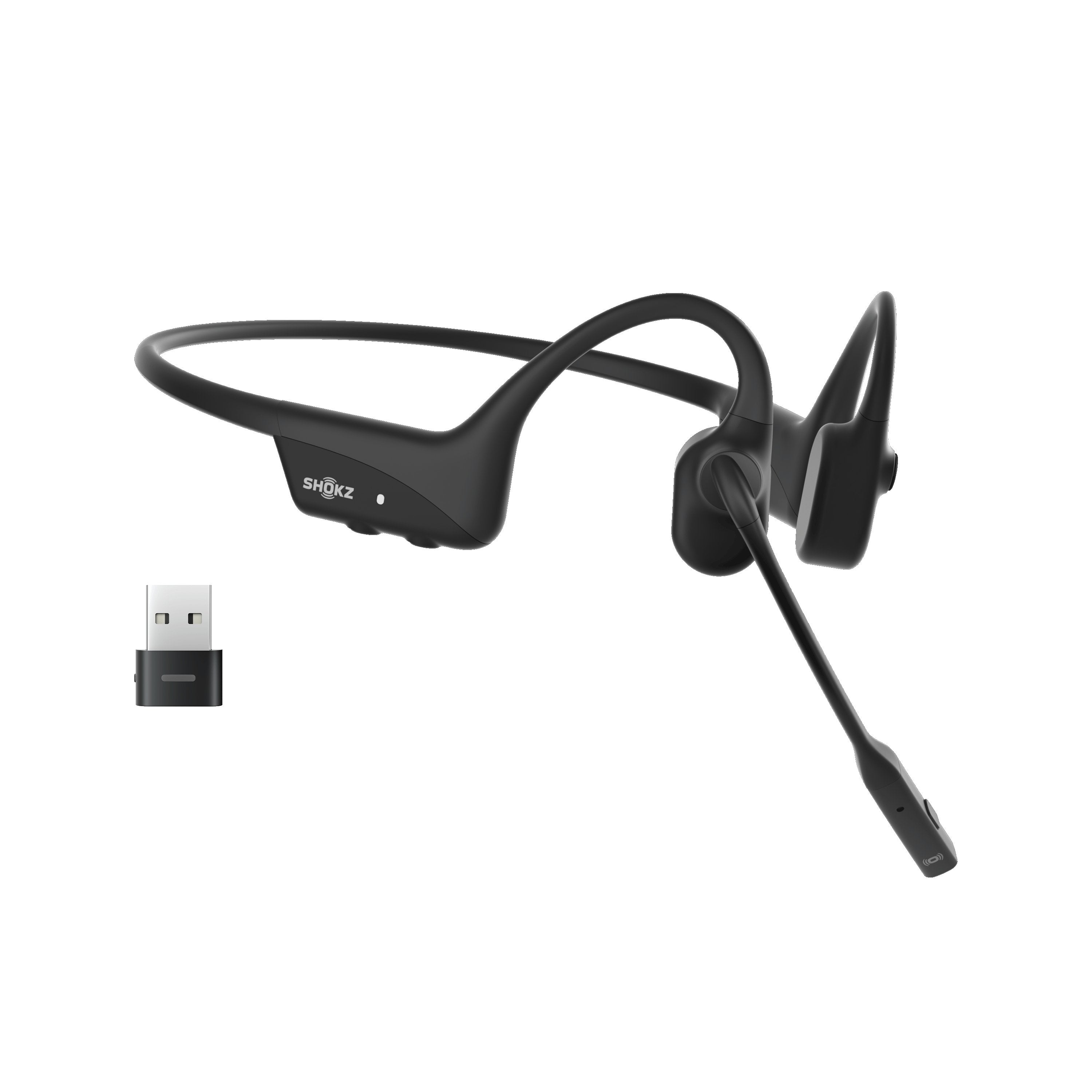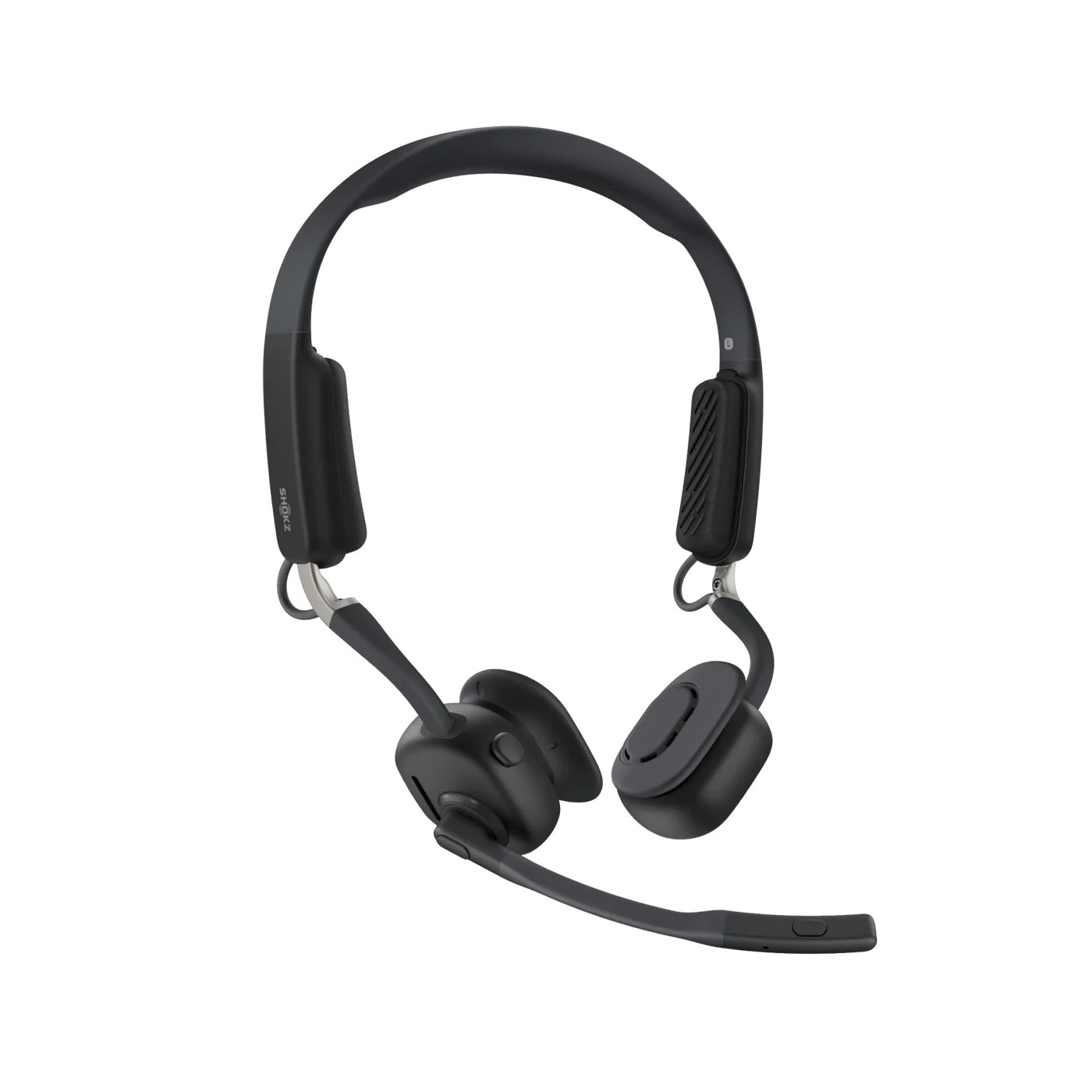Everyone knows the Sony name, and in most cases, the Sony name is associated with high quality audio and video products.
In this blog, I’ll be discussing the new Sony XM5 headphones and see how it stacks up against the former XM4 model to see if it’s an improvement. I’ll also attempt to answer the question if it’s a good headset to use on business and video calls.
Sony XM5 Review Video With Mic and Speaker Tests
If you’re a big fan of Sony products, then you likely are aware of the Sony XM4. The XM5 is the latest version of that headset, and in this blog, I’ll attempt to draw some comparisons between these two models.
Up front, the XM5 is lighter than the XM4 model. And as we all know, when wearing a headset for long periods of time, the weight of that device does matter.
So it’s nice that Sony sought to lighten things up, which at the end of the day, gives you, the headset wearer, a more comfortable experience. And in terms of raw appearance, the Sony XM5 is sleek with an attractive, minimalistic look. You won’t find this headset covered with protruding buttons which helps to add to its visual appeal.
The XM4 collapses for transport, whereas the XM5 model doesn’t. The XM5 comes with a padded case for transporting the headset, and keeping it protected from damage.
Comfort
In terms of comfort, the Sony XM5 is lightweight, and has a generous amount of padding located on the ear cushions, as well as the headband. Both of these locations are touch points when wearing a headset, so it stands to reason that focus would be placed there for enhancing comfort.
The headband smoothly moves up and down for a personalized fit. The ear cushions are circumaural in shape which helps to seal out surrounding room noise, and also helps to capture sound without interference from that room noise. Having a lightweight, properly fitting, padded, and comfortable headset goes a long way towards giving you a pleasant headset wearing experience.
Ways to connect the XM5
In terms of connectivity, the Sony XM5 connects via Bluetooth 5.2, whereas the former model, the XM4 used version 5.0. This means that the XM5 uses a newer version of Bluetooth.
The XM5 can also be connected to two devices simultaneously for seamless device switching. So, if you want to connect to a mobile phone and tablet, or mobile phone and computer, the XM5 keeps pace with you.
You can also connect this headset via a 3.5 mm cable that spans just over 3 feet. This gives you more connection options above and beyond Bluetooth alone. Hey, we all like options, and having more than one way to connect isn’t a bad thing, right?
Battery Life
Being this is a Bluetooth wireless headset, it would make sense if you were wondering about the battery life. Here’s the 411 on that:
For music:
30 hours of use when the active noise cancellation feature is activated 40 hours of use when ANC is turned off
For communications:
24 hours of use when active noise cancellation is on
32 hours of use when ANC is turned off
Recharge time is 3.5 hours, and 3 minutes on a charger will yield 3 hours of battery life.
So how does this compare to the former, XM4 model?
For music
30 hours of battery life with active noise cancellation on
38 hours of battery life with active noise cancellation off
I didn’t see a stat on the battery life when on calls, so I can only assume it’s less than what’s stated for music.
The battery recharge time on the XM4 is similar to the XM5, at 3 hours, so no appreciable difference.
Voice controls
With the Sony XM5, you get Google and Alexa built-in. So whichever you prefer, simply say “ok Google” or “Alexa” to activate it. Once set, you have a lot of different ways you can use your voice to control your headset. You can join Microsoft Teams meetings, react to emails in Outlook, adjust your headset features and more, all by using your voice.
The Sony XM5 also comes with a feature called “Speak-to-Chat”. With this feature, you can pause your music automatically simply by starting a conversation. Once a conversation is initiated, your music will automatically pause, and will resume once the conversation is concluded. Removing the headset will also pause the music, and putting it back on causes the music to resume.
Controls
The controls on the Sony XM5 are made by tapping, and sliding across the surface of the ear speaker housing. Sony refers to these controls as “intuitive touch control settings” So rather than having unsightly buttons to find, and press, the XM5 has a far cleaner, minimalistic look that doesn’t have you searching the real estate of your headset to find a particular button.
The magic of the palm
Another thing you can do with the XM5 is to hear your surroundings at will. So, if you’re listening to music for example, and you want to hear something in the room you’re in, simply place the palm of your hand over the ear speaker housing, and this opens up some microphones that enable you to hear sounds around you.
Remove your hand, and the feature is deactivated. This is a cool feature that’s not only easy to use, but one that allows you to avoid the need to remove the headset every time you want to hear something around you.
Noise reduction
Any headset, or headphone by today’s standards, needs to have the ability to remove unwanted noise. This noise reduction can be to reduce the noise going on in your background so your callers don’t hear it, or, it can be to remove unwanted noise for you, the person wearing the headset.
This opens up the discussion of the two different types of noise reduction;
- Noise cancellation
- Active Noise Cancellation
So how do these two features differ from each other?
Noise cancellation generally refers to noise removal by a headset microphone. This is so your callers don’t hear the sounds going on around you, but hear you clearly, without distractions.
Active Noise Cancellation, or “ANC” for short, is a relatively new feature that gives you, the headset wearer, the ability to have some control over the sounds going on around you.
This feature plays an important role for those who want to zone in on their work, and not be distracted by noisy coworkers and all the other distractive sounds common to a work environment.
The Sony XM5 comes with 8 microphones, and noise cancellation is standard, as is Active Noise Cancellation. Clearly, this places the XM5 squarely in the premium headset category. Active Noise Cancellation, in particular, isn’t a feature common to mid-grade headphones.
Sony placed a lot of emphasis on reducing noise because to help accomplish this, they used an Ai machine learning algorithm that listened to
over 500 million voice samples in order to suppress ambient noise, and enhance voice audio quality.
Sound test results
So how did the Sony XM5 perform when we challenged it against office noise, dogs barking and of course, our annoying Vitamix blender test? Honestly, I was surprised at how well it did. Headphones, when compared to purpose built business grade headsets, typically don’t do as well in noise reduction tests.
I have to say that the XM5 is an exception to that rule. We threw loud barking dog noises, that office noise and the blender noise too. In each case, the XM5 did an excellent job to not only remove the noise, but it maintained the voice audio quality at the same time.
Even some business grade headsets aren’t able to do that. So my takeaway impression was extremely favorable when it comes to the XM5’s ability to handle noise.
So if you’re looking for headphones for entertainment, but you want one that can reduce noise at a high level, then the XM5 would be a solid choice to consider.
Sony Headphones Connect App
Sony, like many other headset manufacturers, offers an App for download for iOS and Android devices. And keeping with the trend on these Apps, it allows you to make adjustments to several things relating to the headset.
You can adjust the Active Noise Cancellation feature, adjust audio preferences and a lot more. So if an XM5 is on your wishlist, make sure you download the App if one finds its way under your Christmas tree.
Overall impression of the Sony XM5
Overall, I really like this headset, but like any headset, it’s not perfect. For example, the XM5 could be improved if it came with a USB Adapter (Dongle) for use with the leading applications like Microsoft Teams, RingCentral, Zoom and others.
By that being omitted, it prevents you from being able to answer and end calls from the headset. Additionally, when your microphone is muted, you won’t see a notification on the screen of the mute/unmute status. Something to consider if these are important feature points.
The USB adapter issue aside, this is a great headset that gives you a comfortable, great sounding, sleek looking, noise reducing headset that connects via Bluetooth as well as through a 3.5mm cable.
This is a headset that looks modern, and minimalistic, but it’s a bit like a wolf in sheep's clothing. It may appear to be simple on the outside, but it lacks nothing in the way of technology on the inside.
This is a lot of headset for the money. My overall sense is that the Sony XM5 isn’t your best choice for a headset if the primary use will be for business purposes, especially if you plan to be on a lot of calls (audio or video).
But, if you’re looking for headphones that are mainly for entertainment, with some business applications in the mix, then the XM5 is a headset that really needs to be considered.







